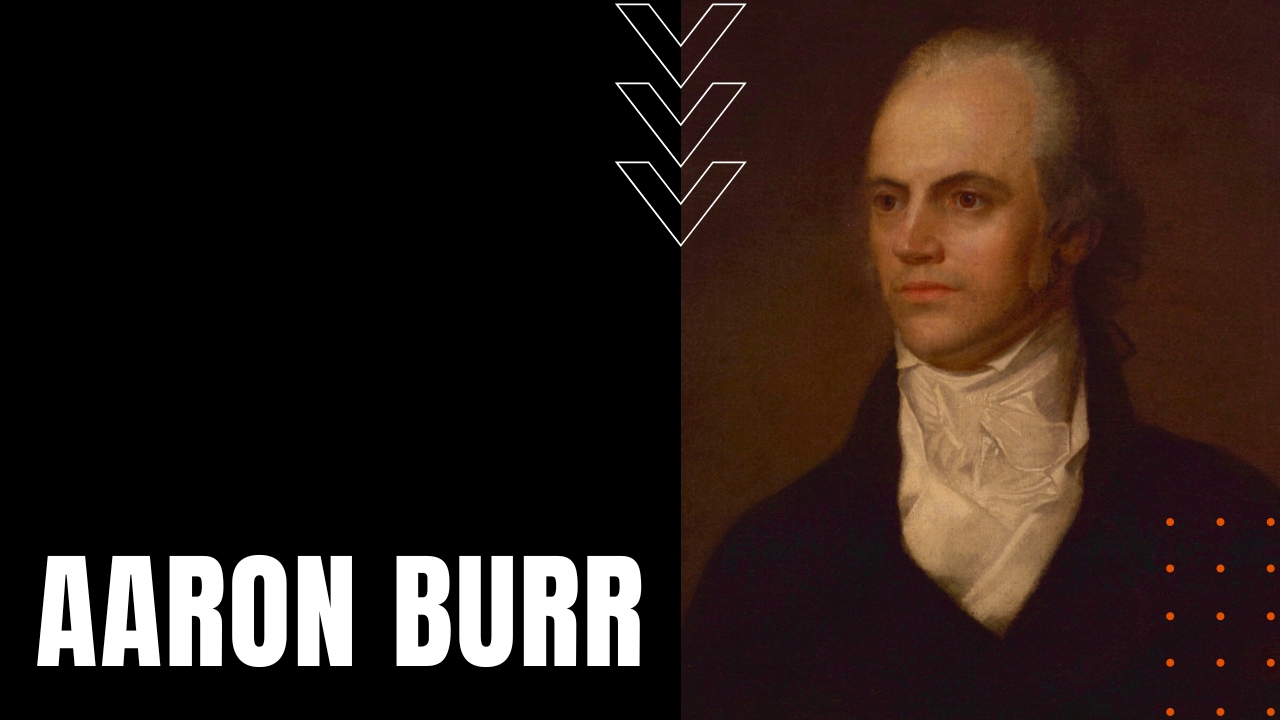Aaron Burr

Born in 1757 Newark New Jersey, Aaron Burr enrolled in the College of New Jersey at Princeton at just thirteen years of age, before graduating summa cum laude three years later. His subsequent law studies at Litchfield Law School in Connecticut were tabled upon the outbreak of the Revolutionary War, where he joined Benedict Arnold’s men on their expedition to Quebec, earning the rank of major before serving under George Washington at his home in New York.
Post-war Law Studies
Returning to his law studies after the war, Burr passed the bar exam, where his prosperous New York City practice landed him an appointment as attorney general of New York. Winning a U.S. Senate seat in 1791, nine years later, Burr ran for president with Thomas Jefferson, becoming vice president of the United States when an electoral tie with Jefferson forced a vote in the House of Representatives—a defeat Burr believed to be orchestrated by his longstanding rival, Alexander Hamilton.
Blistering Hate
Burr’s simmering hatred for Hamilton led to a duel between the men on the morning of July 11th, 1804, where the sitting vice president shot Hamilton to death, effectively ending both men’s political careers. Before heading west to dodge an outraged public back east, in a shady scheme to resurrect his tarnished political career with a fresh start out west, in August of 1804, Burr made contact with British ambassador Anthony Merry, suggesting that with Burr’s help, Britain could wrest most lands acquired by the Louisiana Purchase from the United States, in exchange for money and ships to put Burr’s envisioned conquest in motion.
Tried For Conspiracy
Tried for conspiracy and high misdemeanor after the plot was exposed, Chief Justice John Marshall acquitted Burr of both charges, however, Burr’s conspiracy scandal left his political career in worse ruin than before. After spending four years abroad attempting to garner support for a revolution in Mexico and several other Spanish colonies, Burr returned home utterly broke, growing dependent upon his friends’ financial support before passing away at his cousin’s Staten Island home on September 14th, 1836, making the life and peculiar politics of Aaron Burr, one of the oddest founding fathers in American history.
